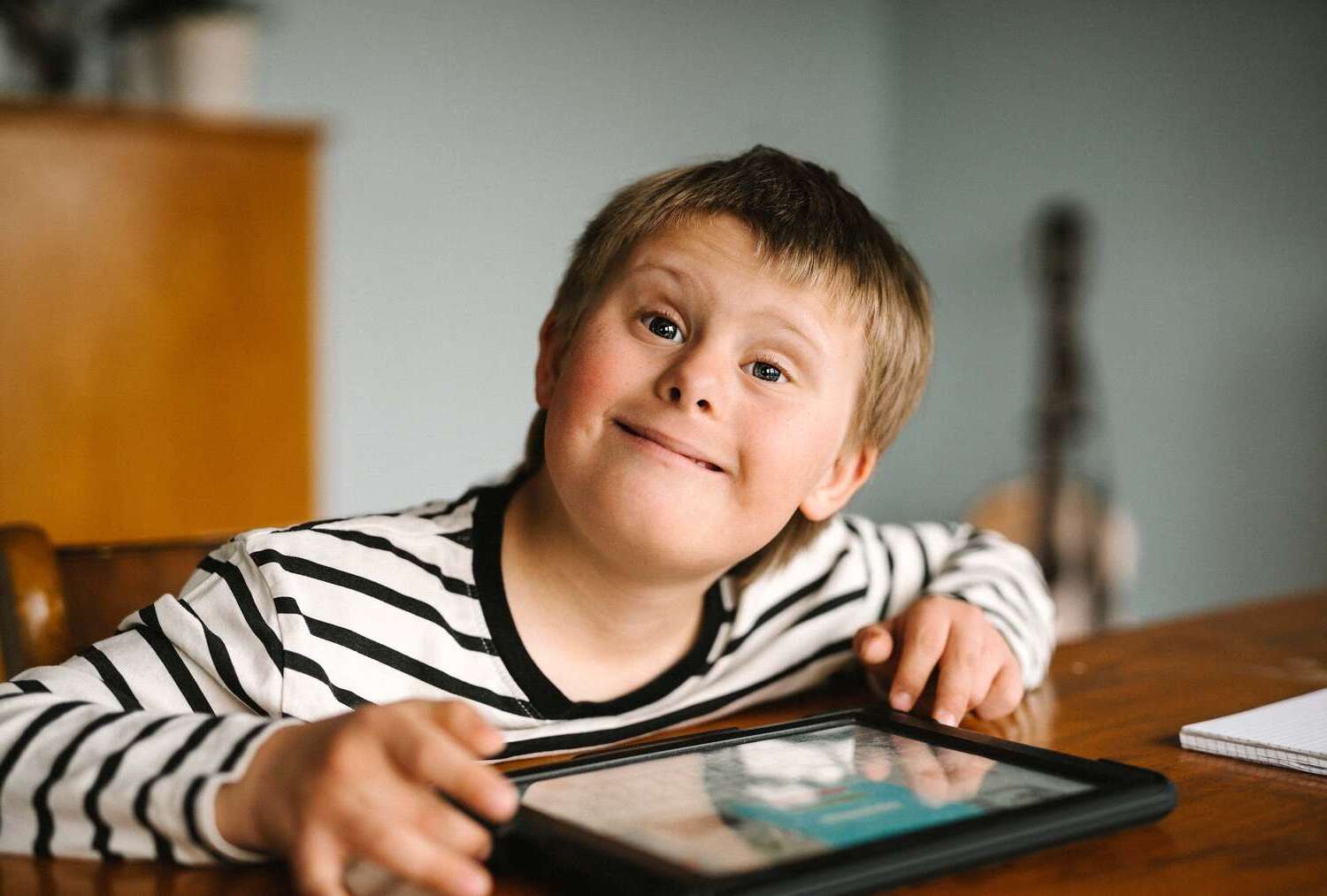
Ever wondered why October shines a bit brighter with an extra dash of yellow and blue? That's because it's Down Syndrome Awareness Month, a time dedicated to spreading knowledge and fostering understanding about Down syndrome. Down Syndrome Awareness Month isn't just about wearing colorful socks; it's a period filled with stories of triumph, challenges, and the incredible potential of individuals with Down syndrome. From debunking myths to celebrating achievements, this month serves as a powerful reminder of the importance of inclusion and the value of diversity. Ready to get enlightened with some eye-opening facts? Let's dive into the heart of what makes October so special, and why awareness about Down syndrome matters more than you might think.
Key Takeaways:
- Down Syndrome Awareness Month in October celebrates the abilities and achievements of individuals with Down syndrome, promoting inclusivity and dispelling myths through events and educational initiatives.
- Participating in Down Syndrome Awareness Month can involve sharing positive stories, fundraising, volunteering, and educating oneself and others to create a more inclusive society.
What is Down Syndrome Awareness Month?
Down Syndrome Awareness Month, celebrated every October, aims to increase public awareness and understanding of Down syndrome, a genetic condition caused by the presence of an extra chromosome 21. This month is dedicated to advocating for the rights, inclusion, and well-being of people with Down syndrome.
- Down Syndrome Awareness Month is observed globally in October, with various events and activities designed to educate communities about the abilities and achievements of individuals with Down syndrome.
Why We Celebrate Down Syndrome Awareness Month
Celebrating Down Syndrome Awareness Month helps break down barriers and promotes a culture of inclusivity. It's a time to highlight the contributions of individuals with Down syndrome to society and to push for equal rights and opportunities.
- The celebration emphasizes the importance of understanding and acceptance, aiming to dispel myths and misconceptions about Down syndrome.
How Down Syndrome Awareness Month is Observed
Communities, families, and organizations come together during October to share stories, host events, and wear brightly colored socks as a symbol of support. These activities are not just about raising awareness but also about celebrating achievements and fostering environments where individuals with Down syndrome can thrive.
-
Wearing mismatched, colorful socks has become a symbol of Down Syndrome Awareness Month, representing the uniqueness and diversity of individuals with Down syndrome.
-
Educational seminars, workshops, and conferences are often organized to provide information on the latest research, support services, and advocacy efforts related to Down syndrome.
The Importance of Advocacy During Down Syndrome Awareness Month
Advocacy efforts during this month are crucial. They focus on promoting rights, education, and employment opportunities for individuals with Down syndrome. Advocates work tirelessly to ensure that society recognizes the potential and capabilities of people with Down syndrome.
-
Advocacy campaigns during Down Syndrome Awareness Month also aim to secure better healthcare, education, and employment opportunities for individuals with Down syndrome.
-
Social media plays a significant role in spreading awareness and sharing positive stories of individuals with Down syndrome leading fulfilling lives.
Educational Initiatives in Down Syndrome Awareness Month
Education is a cornerstone of Down Syndrome Awareness Month. Schools and educational institutions often participate by incorporating lessons about diversity, inclusion, and the science behind Down syndrome into their curricula.
-
Special educational initiatives are launched to teach students about the value of diversity and the importance of including people with different abilities in all aspects of society.
-
Many organizations offer resources and materials for educators to use during October, helping to ensure that accurate and positive information about Down syndrome is shared.
The Role of Community in Supporting Down Syndrome Awareness Month
Communities play a vital role in supporting Down Syndrome Awareness Month. Local events not only raise awareness but also provide opportunities for individuals with Down syndrome and their families to connect and share experiences.
-
Community events often include fun runs, charity walks, and art exhibits showcasing the talents of individuals with Down syndrome.
-
Support from local businesses, through sponsorships or hosting awareness events, significantly boosts the visibility of Down Syndrome Awareness Month.
The Impact of Down Syndrome Awareness Month
The impact of Down Syndrome Awareness Month is profound. It not only educates the public but also fosters a more inclusive society where individuals with Down syndrome are valued and respected.
-
Success stories of individuals with Down syndrome, highlighted during this month, inspire and motivate others, showing that a diagnosis does not define one's abilities or potential.
-
The month-long observance has led to increased funding and support for research into Down syndrome, improving the quality of life for those affected.
-
Awareness efforts have significantly contributed to changing public perceptions, leading to greater acceptance and inclusion of individuals with Down syndrome in schools, workplaces, and communities.
How You Can Participate in Down Syndrome Awareness Month
Participating in Down Syndrome Awareness Month can take many forms, from educational efforts to fundraising and advocacy. Everyone can contribute to making a difference.
-
Sharing accurate information and positive stories about Down syndrome on social media can help combat stigma and spread awareness.
-
Participating in or donating to events that support individuals with Down syndrome and their families is a great way to show support.
-
Volunteering for organizations that work with individuals with Down syndrome can provide valuable help and also offer a rewarding experience.
-
Educating oneself and others about Down syndrome is crucial for building a more inclusive society. Reading books, attending seminars, and listening to the experiences of individuals with Down syndrome and their families can enrich understanding and empathy.
A Final Nod to Awareness and Understanding
Down Syndrome Awareness Month isn't just about spreading facts; it's about fostering a culture of inclusion, empathy, and support. Through learning and sharing these 17 facts, we've taken steps toward a more informed society that values every individual's contributions. Remember, awareness is more than just knowledge—it's action. By engaging in conversations, supporting Down syndrome organizations, and advocating for equal opportunities, we contribute to a world where everyone feels valued and included. Let's carry the spirit of this month throughout the year, making every effort to understand and uplift those around us. Together, we can make a difference in the lives of individuals with Down syndrome and move closer to a society that celebrates diversity in all its forms.
Frequently Asked Questions
Was this page helpful?
Our commitment to delivering trustworthy and engaging content is at the heart of what we do. Each fact on our site is contributed by real users like you, bringing a wealth of diverse insights and information. To ensure the highest standards of accuracy and reliability, our dedicated editors meticulously review each submission. This process guarantees that the facts we share are not only fascinating but also credible. Trust in our commitment to quality and authenticity as you explore and learn with us.


